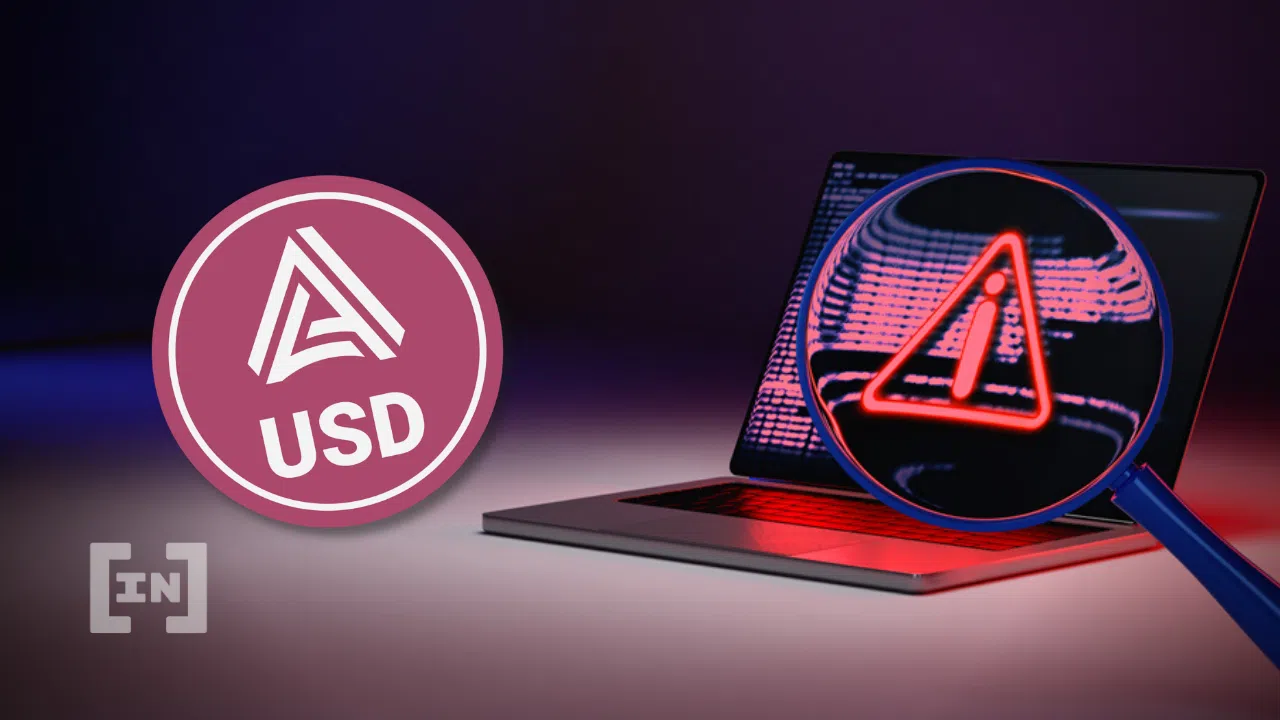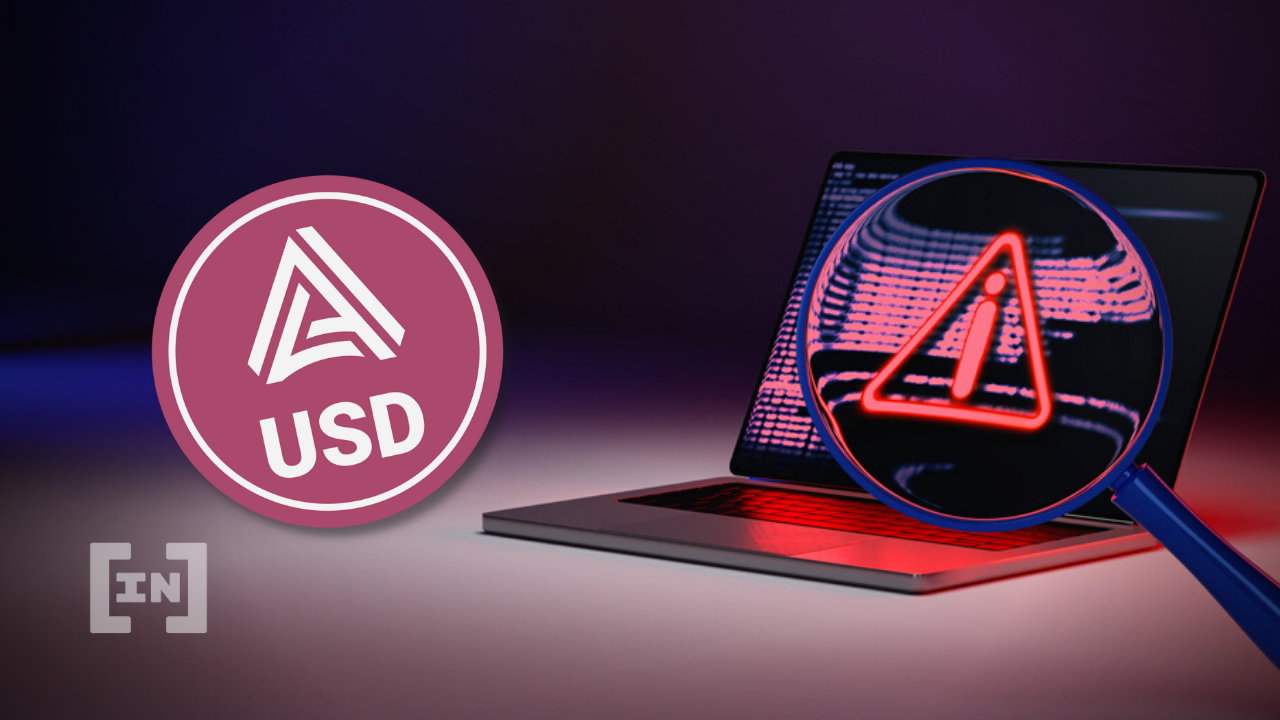Acala Network aUSD Depegs by 99% as Hacker Issues Over 1 Billion Tokens

[ad_1]

Acala Network became the latest Defi network to suffer an exploit after hackers breached the network and issued 1.2 billion aUSD tokens.
The Polkadot-based network issues aUSD as its native stablecoin. aUSD is a decentralized stablecoin collateralized with several other crypto assets and minted through Collateralized Debt Positions (CDPs).
Although overcollateralized, the dollar-pegged stablecoin lost its peg immediately after the hack, dropping by 99% and now trading at $0.00987.
0xTaylor_ first noticed the attack and tweeted that the hacker exploited a bug in the iBTC/AUSD pool. Updates show that the hacker linked an Ethereum account to Acala, and the address was funded from Binance.
Acala network also acknowledged the attack, tweeting, “We have noticed a configuration issue of the Honzon protocol which affects aUSD. We are passing an urgent vote to pause operations on Acala, while we investigate and mitigate the issue. We will report back as we return to normal network operation.”
However, the network has yet to provide any other update, leaving several users holding the stablecoin n a worrying position.
With aUSD now practically worthless, many are quite concerned. But 0xTaylor_ has explained that the network might recover from this.
Since “they’ve put the network in maintenance mode to prevent transfers. They can pass a governance proposal to revert (the) state like they did last year on Karura,” the account tweeted.
While Acala might be able to salvage its network, concerns about DeFi platforms’ vulnerability are unlikely to come to an end soon.
Several DeFi platforms such as Curve Finance, Fortress, Nirvana Finance, and Beanstalk have lost millions to exploits this year alone.
Beyond DeFi protocols, the general crypto scene has been plagued by several exploits, with over $200 million lost to hacks in this month alone.
For Be[In]Crypto’s latest Bitcoin (BTC) analysis, click here.
Disclaimer
All the information contained on our website is published in good faith and for general information purposes only. Any action the reader takes upon the information found on our website is strictly at their own risk.
[ad_2]
Source link

